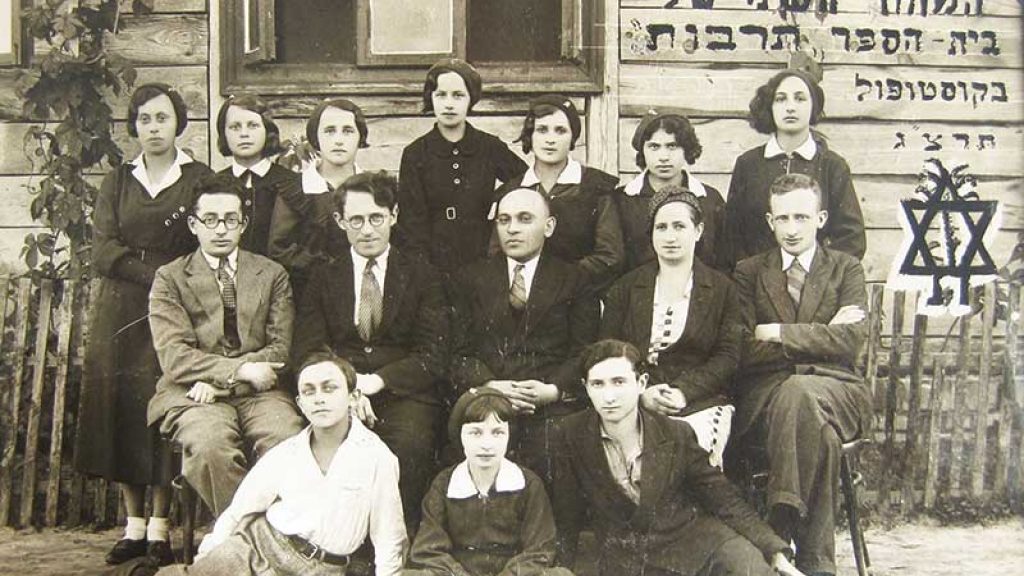Alan Mintz

Adventure Story
The story of Hebrew is a great story because there is nothing inevitable about it. Whether it was the period of the Bible or the Mishnah or Maimonides, there was always a danger, often the likelihood, that Hebrew would be lost in the break-up of great communities and subsequent migrations.

What’s Yichus Got to Do with It?
For the whole history of Jewish society, until less than two hundred years ago, love and attraction played little or no role in the making of marriages, which were arranged and contracted according to the interests—commercial, religious, and social—of the families involved.

Reader, I Adopted Him
Maya Arad's latest work is minor literature in the sense that Jane Austen—a model for Arad—is minor because she focuses on human character rather than on the Napoleonic wars and the religious crisis of the Enlightenment.
The Life of the Flying Aperçu
Dickstein’s story is not a narrative of apostasy and rebellion; belief and doctrine play a minor role.
Haim Gouri at 90
The poet turned 90 last fall, and his latest poems are among the best he has ever written.

Nation and Narrative
The sons of Israel, from the kibbutz to the hesder yeshiva, came together to liberate Jerusalem in 1967. Yossi Klein Halevi portrays Israel by tracing their diverging paths in the years since.

Spanish Charity
The sight of a secular Israeli artist in a cathedral confessional in Spain is one of the more interesting moments in recent Israeli fiction. A new novel by A.B. Yehoshua.
Israel’s Arab Sholem Aleichem
Sayed Kashua's new novel presents a characteristic depiction of the dual identities of Israel's Arabs.
The Rebbe and the Yak
What do you do when your ancestor appears to you in a dream saying that he is trapped inside the body of a Tibetan yak? If you're the Ustiler Rebbe in Haim Be'er's new novel, you go to Tibet to find him, of course.

Love and War
David Grossman has for sometime been one of Israel's most talented and important writers. In many of his novels, his feeling for adolescence—one is tempted to say, his identification with it—has been so brilliantly intuitive that the imagining of adulthood has scarcely been possible. In To the End of the Land, Grossman makes his breakthrough.